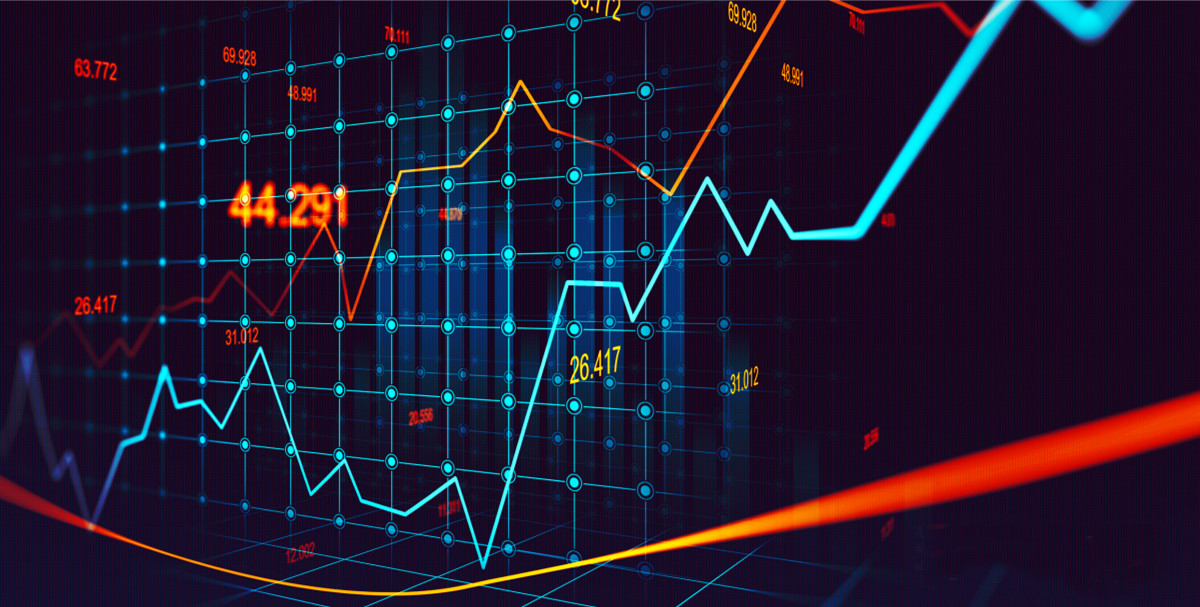This is a promoted article provided by Invictus Capital.
The second quarter of the fiscal year 2021 saw some serious ups and downs for the world of bitcoin, but nevertheless, Invictus Capital was able to deliver its investors the kinds of returns they’ve come to expect.
On July 19, Invictus Capital released a quarterly report for the second quarter of 2021, describing some of the difficulties and successes in navigating a tumultuous market environment to provide benefits for its clients, passing these tests with flying colors. The report opens with a brief statement from co-founder and CEO Daniel Schwartzkopff, who noted that overall assets under management (AUM) are “still ticking up, with an average of $145 million under management over June.”
Schwartzkopff characterized this period as “a breather,” claiming that “a period of consolidation in the wake of a wave of regulatory uncertainty is likely a healthy market development.” He added that “our funds are primarily medium- to long-term investment vehicles,” and some of the stability afforded by this structure can help maintain investor confidence during doldrums in the wider market. This is not to imply, of course, that Invictus’ funds themselves have taken substantial hits during bitcoin’s recent price downturn, in fact the opposite is generally true; the report continues by laying down hard details on Invictus Capital’s many funds, and how they’ve been performing quite well throughout the summer.
Across their seven funds, the average return in this quarter was 9.85%, which in an annualized format would translate to 45.61%. The crowning achievement was a 90% upwards revaluation of the Hyperion venture capital fund. Launched in June 2018, the fund is up nearly six-fold since inception. Non-crypto funds such as Gold Plus and Emerging Markets Solar have buoyed returns across the board, with their respective returns of 4.86% and 4.16% helping to round out the balanced diet of Invictus’ offerings. Surging Hyperion fee revenues also bode exceptionally well for the company’s community token, ICAP. This is because 10.5% of Invictus fee revenues are dedicated to purchasing the token from the open market.
Some of the more crypto-heavy funds have suffered during this time, but it is certainly noteworthy that the integrated multi-asset strategy employed by funds like Crypto10 and Crypto20 has helped mitigate or even eliminate losses. While Crypto20 declined by about 9% and Bitcoin Alpha by 30%, it’s worth noting that both funds have fallen by less than bitcoin’s 40% decline over the quarter. Furthermore, C20’s yield generation on fund assets outweighed the costs of management fees ten fold, with the fund continuing to offer value as the bedrock of a prudent crypto portfolio. Crypto10 was the true anchor on this front, as it has managed to show 5% growth despite the benchmark falling by more than 15%.
After finishing a report on each of the main seven funds offered by Invictus Capital, the document offered details about each of them, as well as a wide number of other non-fund projects and ancillary considerations, such as thorough commentary on the state of the market. The overwhelming message from all of this data is one of confidence — that for all of the trials and tribulations that Bitcoiners have gone through in the past couple of months, Invictus Capital has built up a rock-solid and well-informed base that allows it to continue offering its customers serious results. Again and again, Invictus Capital has shown the world that there are advantages when you bet on bitcoin and crypto.











